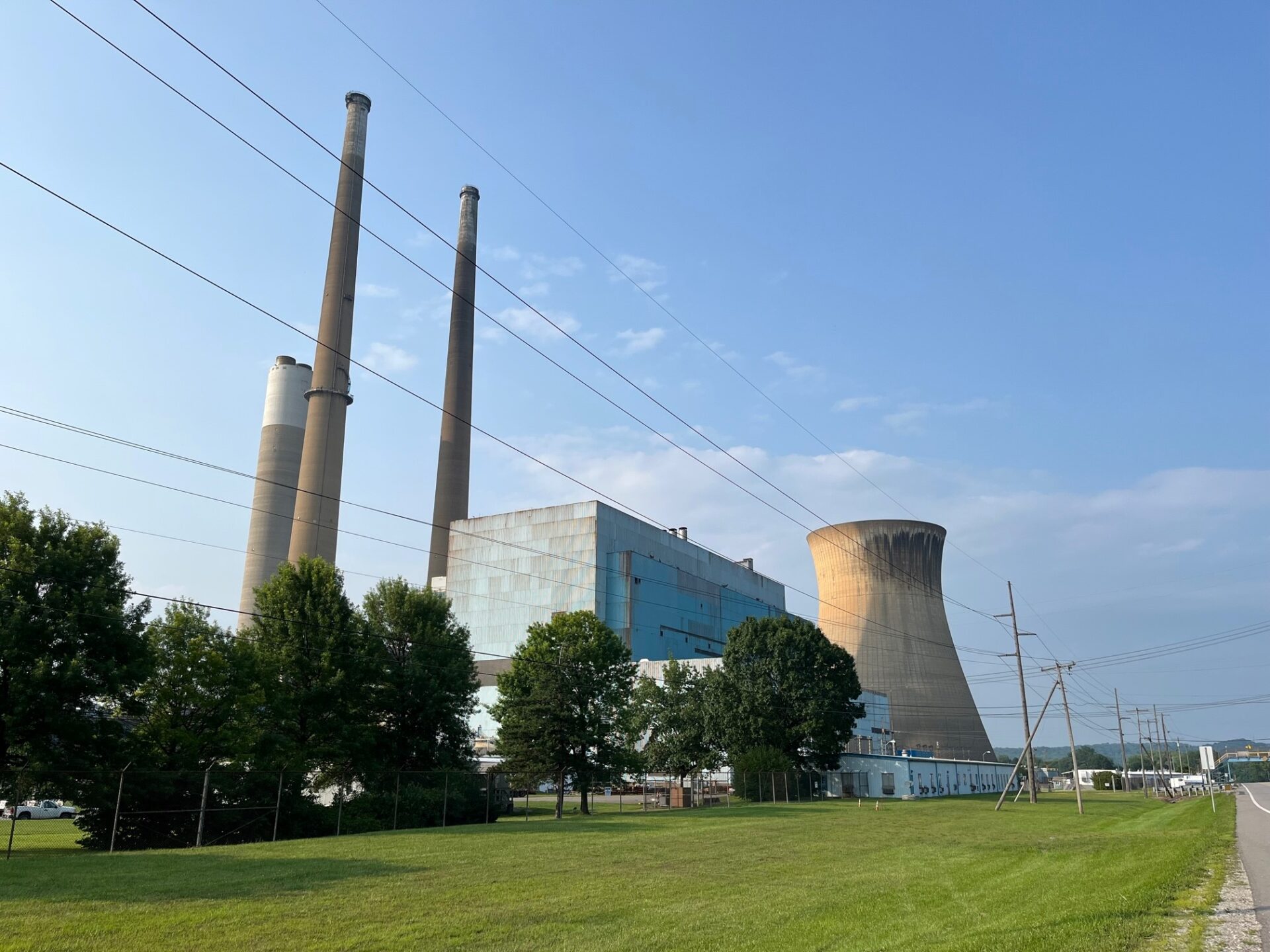Mon Power is currently negotiating with the plant’s owner to keep it in operating condition and its employees on the payroll.
The Pleasants Power Station will be deactivated as scheduled on June 1, according to an update from the PJM regional grid operator.
West Virginia lawmakers and officials in Pleasants County have pushed to spare the plant from closing. Mon Power is currently negotiating with the plant’s owner to keep it in operating condition and its employees on the payroll.
Mon Power is supposed to report to the West Virginia Public Service Commission (PSC) in the coming days on how those negotiations are going.
If an agreement is reached, Mon Power will charge ratepayers $3 million a month to keep the plant in standby, but it will produce no electricity. The company will proceed with a thorough evaluation of purchasing the plant and operating it.
In its PSC testimony, Mon Power has said it does not intend to operate three power plants in West Virginia. It already has two – the Harrison and Fort Martin power stations.
Environmental and consumer groups, as well as the state’s leading manufacturers, have argued that Mon Power does not need Pleasants. They’ve also said the PSC lacks the authority to approve the monthly surcharge.
The Federal Energy Regulatory Commission (FERC) forecasts that PJM, which includes West Virginia and 12 other states, will be able to meet this summer’s electricity demand without Pleasants.”
“Pleasants is not really necessary for reliability purposes this summer,” said Emmett Pepper, policy director for Energy Efficient West Virginia. “It’s also questionable that Pleasants would be necessary for reliability in the long term.”
The 1,300 megawatt plant on the Ohio River could have shut down years sooner, but the state legislature and Gov. Jim Justice gave it a $12.5 million annual tax break that saved it in 2019.
The $36 million annual surcharge Mon Power proposed is three times the amount of the tax break.
Lawmakers passed resolutions in both chambers encouraging Mon Power to buy the plant. Mon Power planned to purchase Pleasants in 2017. The PSC approved the sale, but FERC rejected it.
Coal has become far less competitive in the electric power marketplace. It now generates less than 20 percent of electricity nationwide, though in West Virginia, around 90 percent of power still comes from coal.
Natural gas is currently the dominant fuel for U.S. electricity, but renewables account for an increasing share. Recently, renewable sources surpassed both coal and nuclear power.
With 65 million power customers, PJM is the nation’s largest electric grid operator.
Those who support the continued operation of Pleasants point to December’s deep freeze as a reason to keep it on the grid. Unlike many coal plants, it was producing power during the storm.
Still, the outages PJM experienced during Winter Storm Elliott were mostly at natural gas and coal facilities. Ultimately, no rolling blackouts were required in PJM’s 13-state territory.
